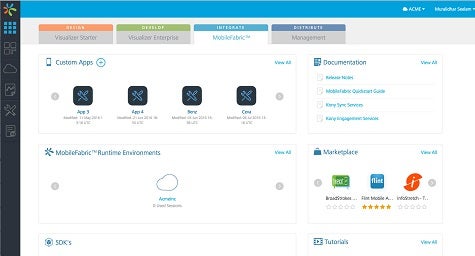Now that mobile computing devices are pervasive, the line between what constitutes a mobile versus Web application development platform has all but been erased. The latest provider of traditional mobile application development tools to recognize this is Kony.
Kony has now embarked on an omni-channel approach to build applications by opening the core engine inside its development platform, known as Nitro, to multiple web application development frameworks such as Apache Cordova in addition to the mobile frameworks it already supports.
Burley Kawasaki, senior vice president of products for Kony, says it’s clear now that IT organizations are opting to standardize on development platforms that provide the broadest amount of flexibility in terms of where an application can run. In some cases, it may make more sense to, for example, expose an application using a Web framework that is highly portable. Other times, the IT organization needs that application to run natively to ensure a higher quality end-user experience.
In addition, Kawasaki says it’s becoming more common for the widgets that make up an application to be composed of elements running both natively and on the Web.
“People are starting to blend mobile and Web widgets,” says Kawasaki.
Regardless of the framework chosen, Kawasaki says Kony is trying to provide a consistent developer experience that makes it simpler to navigate the multitude of options available to developers.
Of course, none of this shift is lost on providers of Web application development platforms that are racing to add more support for mobile computing devices. Inevitably, that means an even fiercer battle for the hearts and minds of Web and mobile application developers who, for all intents and purposes, are now one and the same.




